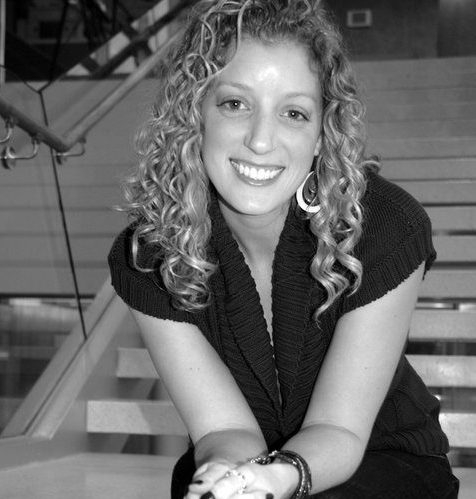A few weeks ago, Hurricane Sandy blasted through the Caribbean, the United States and Canada. In her wake, more than 100 people have died along with untold damage to public infrastructure and personal property. For days the images poured in of families evacuating their homes in search of higher altitudes, of empty streets overflowing with water. Facebook and Twitter buzzed with reports of power outages, fallen trees and power lines, and transformer explosions. There was a palpable energy felt– a heightened sense of fear and awe – in this part of the world.
For many of us, we watched and waited to see what might happen to us, to our lives, to our homes. Where would we go if necessary? Where did the thousands already affected seek refuge? We saw the scenes play on our screens: men, women and children spending days away from the safety and security of home. Men, women and children packing bags to temporarily live elsewhere. The place we called home was vulnerable and unavailable to us as we waited for Sandy to move away.
The parashah for this week, Vayeitzei, begins with a most interesting scene involving Jacob. We catch up with our forefather at the start of his journey from Be’er Sheva to Haran. Along the way, he camps out for the night and has a dream where God offers him a blessing. What is of particular interest is that in the first seven verses of this parashah we find the word Makom (generally translated as “place”) mentioned five times. Jacob arrives at a place, he takes some stones from the place and places them under his head, and he lies down in that place. Waking from his dream, Jacob declares that God was in this place and proclaims that this place is awe-full.
The rabbis of the Rabbinic period suggest that Makom is one of God’s names, that God can be understood as The Place. Searching for, exploring, and experiencing a relationship with God can feel grounded and sure, like Place can be. When we feel a sense of God in our lives, it can feel like home, safe and secure. When we create community with others, we feel nurtured and loved. But when we are lost and feel alone, that sense of Makom is compromised. Much like hurricane victims, there are times where we feel like wandering souls without a Place to call home. We miss that sense of security and safety; we miss a sense of God in our lives.
Around the world, our brothers and sisters are without Place for a number of reasons including natural disasters, genocide, religious persecution, ethnic cleansing, human trafficking, mental health challenges and poverty. The human need for Makom is real and significant, for we desire a place to hang our proverbial hat, a place to lay our heads for the night so that we can dream and imagine. We desire to live in towns, cities and countries that welcome our families and assist in our achieving our goals. Our task in life is to seek out Makom, certainly, but it is also to assist others to secure this as well. Let us work together to create peace and stability both in our neighborhoods and across the globe. Let us strive to find Makom – a true sense of Place and a relationship with God – wherever we live in this great world.

